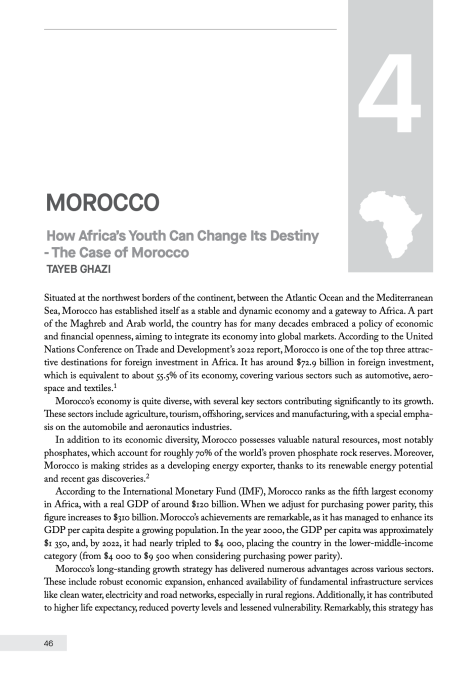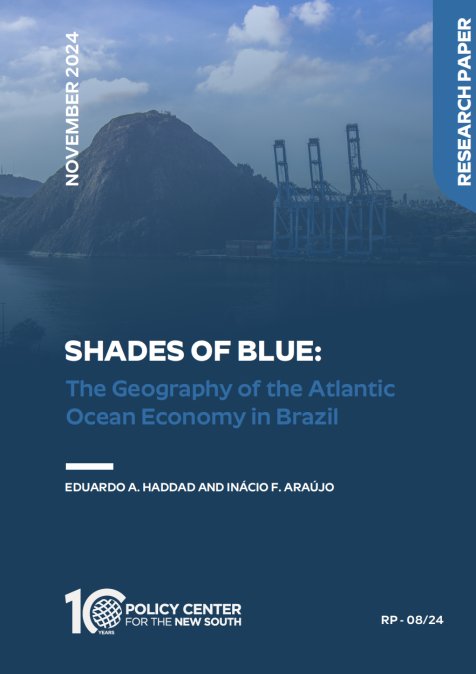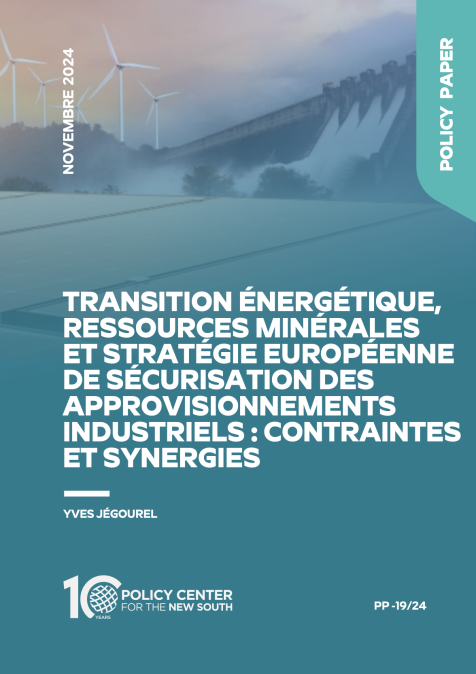Publications /
Policy Paper
This paper reviews the economic impact of natural resources on low-income countries and the policy options available to them as recommended by academia and international organizations. We find that traditional policy prescriptions are unrealistic and miss a number of issues that include what to do when resources are depleted, job creation for growth and prosperity, and heterogeneity in country conditions. The paper proposes to reconcile these problems by advocating a strategy based on new structural economics, with a special focus on economic growth and job creation using the proceeds of natural resources. This approach combines “learning by doing” with targeted public investment in order to develop infrastructure and human capital. For many low-income countries, development of simple, labor-intensive light manufacturing is the recommended path. This recommendation is elaborated in a case study of South Sudan, a poor, resource-rich country in Africa.












